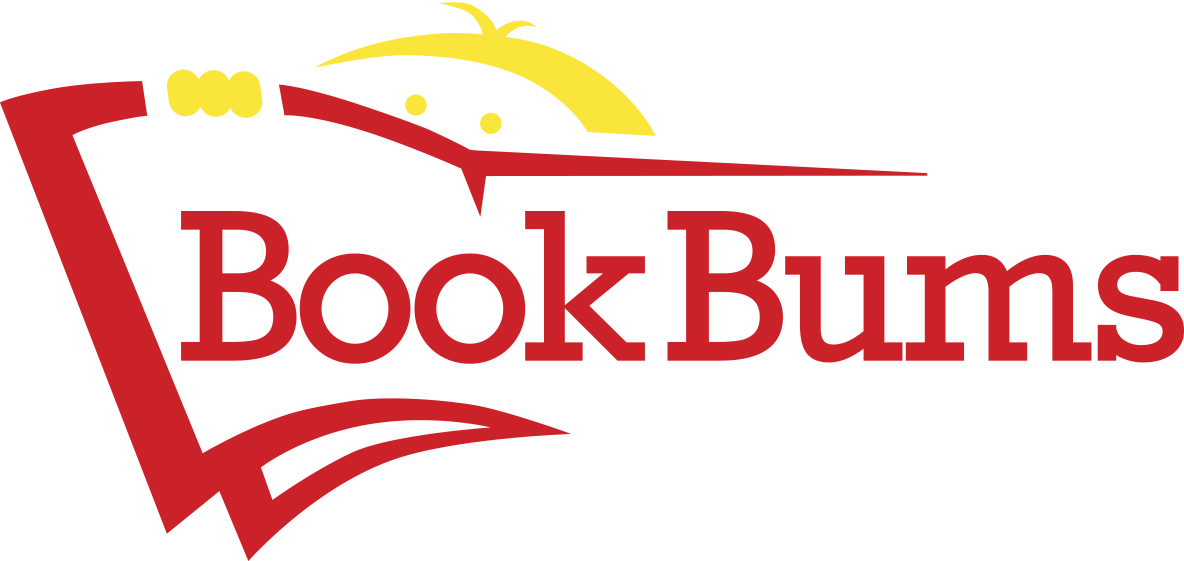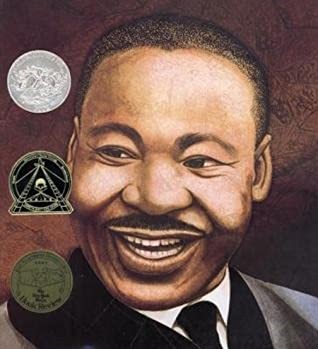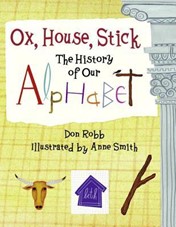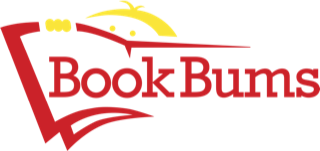
Hello Book Bums families!
This week in the newsletter we are celebrating MLK. We're sharing book and movie ideas, inspiring words, and even some family history. You'll also find our regular features exploring word roots, helpful grammar tips, and fun literary holidays.
What would you like to see in the newsletter? You can always to reply to this email with your questions, ideas, and comments. We love to hear from you!
Bookbums.com is an Amazon Associate; We earn from qualifying purchases. This means that if you click on a link to Amazon.com and make a purchase, We may earn a small commission at no extra cost to you. We do recommend the products. Feel free to find them by other means.
Word of the Week
adversity (ad-vers-ih-tee) noun/person, place, or thing - difficulties, misfortune
We all face adversity; what matters is how we respond to our difficulties.
Literary Calendar
• January 16 is Appreciate a Dragon Day.
• On this day you are invited to celebrate your favorite fictional dragons from Norbert to Smaug to Puff the Magic Dragon.
• This article from LitHub ranks their 50 favorites.

From our Bookshelves

Martin’s Big Words by Doreen Rappaport, for elementary-aged children, shares some of Martin Luther King, Jr.’s big words including:
You are as good as anyone.
Everyone can be great.
Hate cannot drive out hate. Only love can do that.
Sooner or later, all the people of the world will have to discover a way to live together.
Who wouldn’t benefit from reading these words? On Monday, January 16th, our nation will celebrate Dr. Martin Luther King Jr.’s birthday, as we do every third Monday of January. (MLK’s actual birthday is January 15th.)
Whether or not you have this book (or another book) about Martin Luther King, Jr. handy, please consider watching the following movie with the kids you love. While watching it, you’ll recognize the voices of Lavar Burton, Danny Glover, Whoopi Goldberg, Samuel L. Jackson, James Earl Jones, Ashley Judd, and though you may not recognize her voice, Yolanda King, the African-American activist, actress, and first-born child of civil rights leaders Martin Luther King Jr. and Coretta Scott King. It’s an older movie, but it’s outstanding! Make a point to watch it when the kids are off school.
Tips for Readers and Writers
We parents strive to equip our children to be strong readers and writers—at least to the extent needed to adequately navigate adulthood, but being a strong reader and writer with positive impact requires that our children become good people.
When one considers just how a young person comes to believe and stand up for such strong words as MLK did—even in the face of adversity—one might wonder what and/or who made Martin Luther King who he was.
Have you ever wondered about Martin Luther King, Jr.’s mother? Who was she? What was she like? Here’s a quick bit about her life:
Alberta Christine Williams King (1904-1974) was a preacher’s kid. She graduated from High School, earned a teaching certificate, and taught until she had to quit because she had married Martin Luther King, and the local school board had prohibited married women from teaching.
Alberta King had three children, founded her church choir, and served as the organist there. King supported the YWCA, NAACP, and the Women’s International League for Peace and Freedom.
It is said that Alberta King worked hard to instill self-respect into her children. Martin Luther King, Jr. said that his mother “was behind the scenes setting forth those motherly cares, the lack of which leaves a missing link in a life.”
Together with her husband, Martin Luther King, Sr., Alberta king raised three children whose aim it was/is to make the world a better place. Their sons were preachers and their daughter, still living today, was a professor, author, and speaker.
I hope you, too, are inspired to “set forth those motherly cares” so our children have no missing links in life.
Tips for Families
Reading to our kids can promote a love for books and a love for being read to. It can also promote a love for reading IF our kids are equipped to read well.
Learning to talk is a natural process.
When we talk with our babies, they naturally come to know how to speak.
Reading is not a natural process.
When we read to our kids, they do not “come to know” how to read.
Oh, sure, there are some children who seem to “just figure it out”—maybe about 20 % of our population (who are often very poor spellers)—but the vast majority of children benefit from or even require explicit instruction in order to adequately navigate our written language.
You should know that our code-based language is a man-made system that’s relatively new in the scheme of mankind.
The modern alphabet that we use today (26 letters, a-z) started in the sixteenth century.
Because our language is grounded in both phonics (sounds/symbols) AND morphology (Latin & Greek roots/word parts that convey meaning), our language can be especially challenging to navigate without explicit instruction.
Critics of our spelling system simply don’t understand how it works. It’s complicated, but it is teachable.
When kids are struggling to read, reading to them and/or demanding that they read more on their own is not the solution. What struggling readers (and spellers) need is to be explicitly taught how words work.
That’s precisely what we do at Book Bums. We teach really smart kids to read and spell well. We also teach the teachers and parents of really smart kids to teach their kids to read and spell well.
Every child benefits from explicit, systematic phonics instruction AND access to the meanings of words through explicit vocabulary instruction (including the investigation of word roots).
It is our aim to promote skilled reading and writing to families near and far. Thanks for letting us be a part of your journey! We’d so appreciate it if you’d share about Book Bums and this weekly newsletter with your friends and family as you see fit.
Bonus Book

This book, Ox, House, Stick: The History of Our Alphabet offers an in-depth look at the history of our alphabet, if you’re interested; but you should know that it’s not written for young children.
Wordology Workshop
• The Latin root brev means brief or short.
• You can find it in words like abbreviation which means the shortened form of a word, brevity which means concise, and breviary which is shortened book of Catholic prayers.
"Brevity is the soul of wit."
-Hamlet Act 2 scene 2
Practical Grammar
Abbreviations are shortened forms of words or phrases. Kids need to be explicitly taught how abbreviations work. To teach kids, it helps when we, ourselves, are informed so we’re sharing some abbreviation know-how.
• Abbreviated state names have two uppercase letters, and no period is required.
• The abbreviation a.m. (ante meridiem) means before noon and p.m. (post meridiem) means after noon. Always use lowercase letters and always use periods with these abbreviations.
• The abbreviation etc. stands for etcetera, and it indicates that other similar items should be included with the provided list. (Note the proper spelling of etcetera to support proper pronunciation.)
• Contractions (such as don’t and o’clock*) are forms of abbreviations.
• We typically only use uppercase letters in abbreviations that are proper nouns.
• Acronyms are pronounced as a single word such as NASA (National Aeronautics and Space Administration) and scuba (self-contained underwater breathing apparatus)
• Initialisms, such as NFL, are not pronounced as single words. (includes internet slang- LOL)
• Mr. is the abbreviation for Mister, and Mrs. is the abbreviation for /Missus/. Miss is not abbreviated because it’s already a short word. These words are capitalized because they’re titles; they’re parts of people’s names.
• We often use the first and last letters, followed by a period, when writing abbreviations. (Rd., Dr., etc.)
• When words end with e’s, the abbreviation often takes another letter. (Dr., Ln., etc.)
*The word o’clock is an abbreviation for of the clock. The apostrophe takes the place of the omitted letters.
If you know someone who would benefit from our newsletter or tutoring at Book Bums, please share this email with them! Thank you.
Copyright © 2024 Book Bums, All rights reserved
Our mailing address is:
7967 Cincinnati-Dayton Road Suite L
West Chester, OH 45069

